Affiliate links on Android Authority may earn us a commission. Learn more.
At this point, what can HTCdo to save itself?
Published onJuly 6, 2018
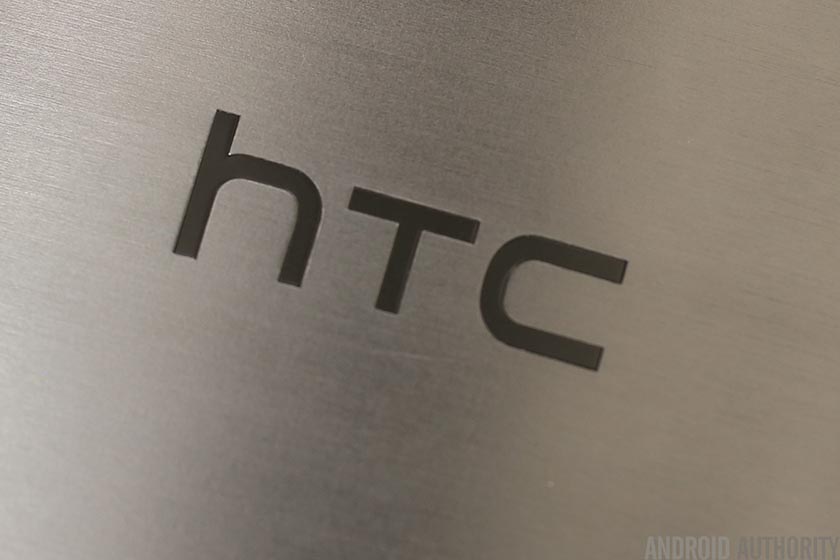
The bad news has been coming in waves for beleaguered smartphone manufacturer HTC. Only last week the company admitted that it would be eliminating 1,500 jobs – about 22 percent of its global workforce. Today, it posted its dismal earnings for June 2018 which represent a whopping 68 percent drop year-over-year.
Although we don’t want to get too doom-and-gloom, it is becoming more-and-more of a realistic thought that HTCmight not survive the decade.
How did HTCget to this point? And, perhaps more importantly, what can it do to save itself?
History
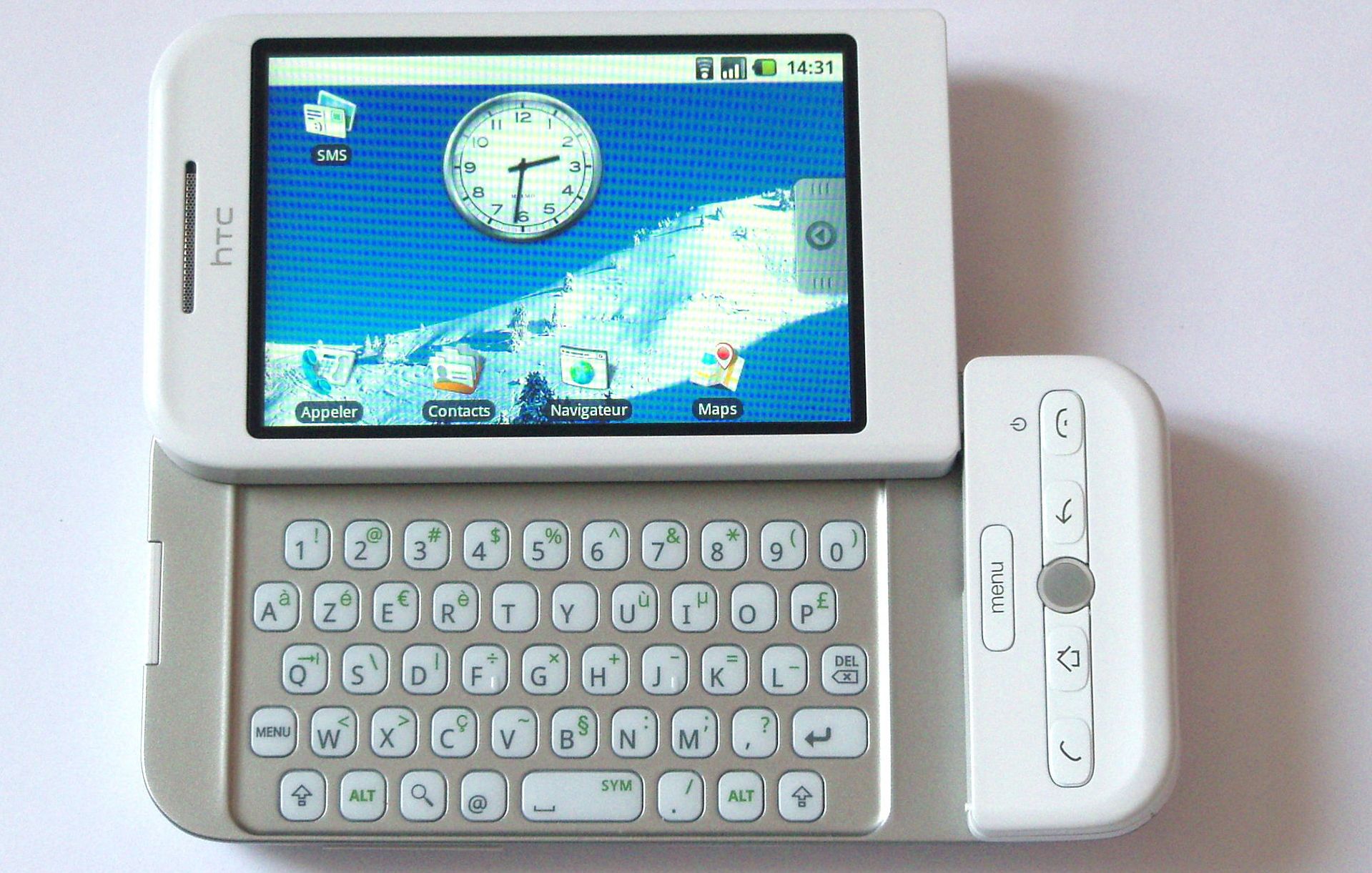
Let’s give a quick recap here of just how far HTChas fallen from its once-great heights.
In 2008, HTCreleased the HTCDream (aka the T-Mobile G1 or the Era G1, shown above) which was the very first commercially-released smartphone to feature the Android operating system. That’s right, HTCis the OG, one of the companies that started it all.
The HTCDream was a hit in the up-and-coming smartphone industry. By March of 2009, the Android operating system reached six percent market share in the United States, largely due to the Dream. This was no small feat, considering the competition in Windows Mobile, RIM OS, Palm OS, and of course the new iOS.
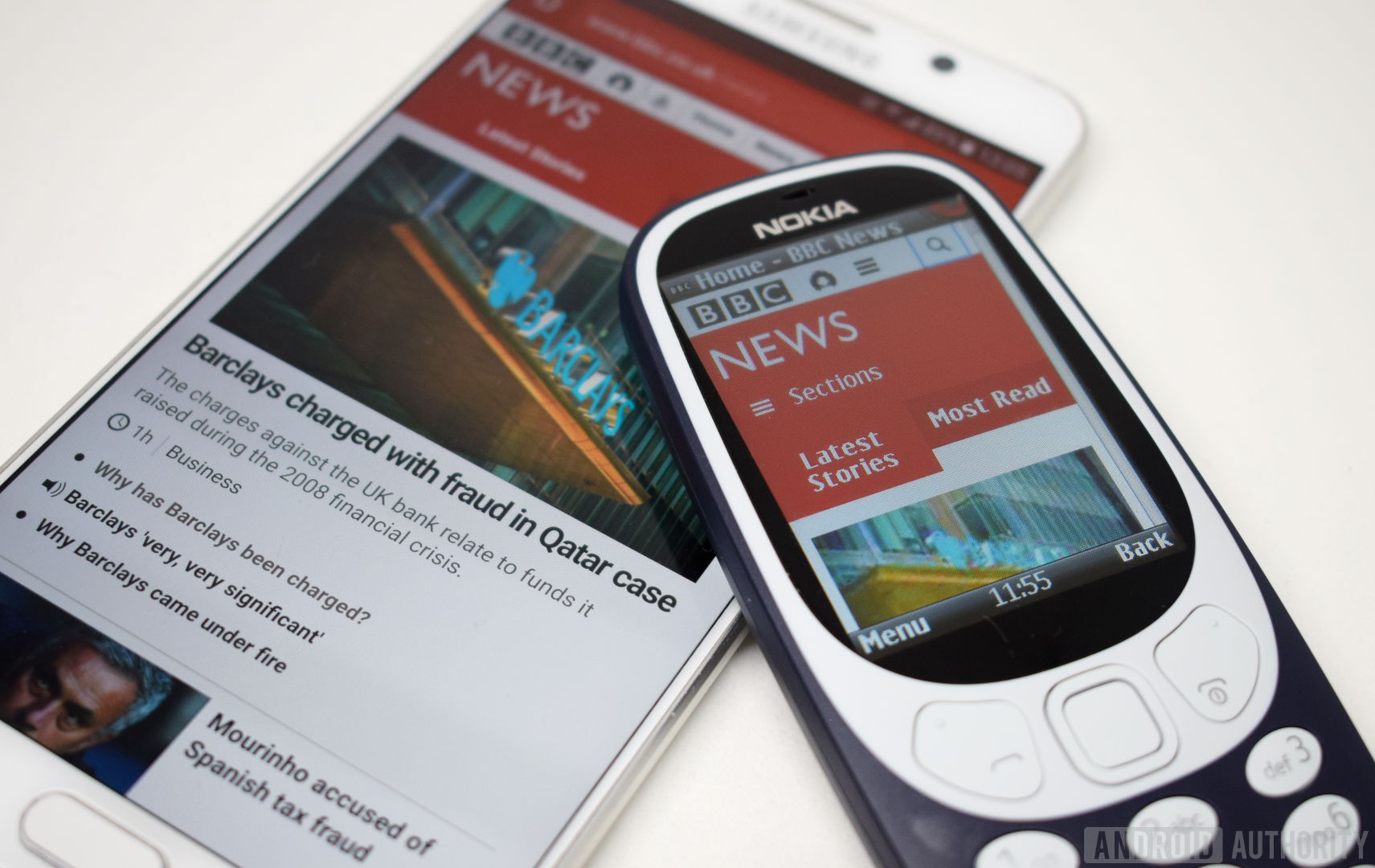
In 2010, HTCmade history once again with the HTCEvo 4G, the first commercially-available 4G smartphone in the United States. Although there was some confusion about its opening day sales record at Sprint (the exclusive carrier of the Evo 4G), it handily beat sales for a brand new device released the same day called the Samsung Galaxy S.
Also in 2010, HTCpartnered with Google to release the Google Nexus One, which obviously is the launching pad for the entire Google smartphone ecosystem, all the way up to this year’s upcoming Google Pixel 3.
HTC's importance in the history of smartphones is secure. But what about the future?
Then, in 2013, HTCoutdid everything it had ever done up to that point with the release of the HTC One M7, one of the best (and most beautiful) smartphones of all time. From its symmetrical stereo speakers enclosed in its unibody aluminum frame; to its gorgeous 1080p display (a big deal at the time); to its IR blaster to help you get rid of your TV remotes, the One M7 was a monster. It sold 5 million units in only two months and was on or at the top of nearly every “Best Of” list of the year (including ours).
However great the M7 was, HTCwas already losing ground. In 2012 HTCwas one of the top-five smartphone manufacturers in the world, but by the end of 2013, it was demoted to the top-ten. By 2014, it wasn’t even in the top-ten anymore.
Now we are here in 2018, and HTCis by all conceivable measures a sinking ship. Just like that.
What went wrong?
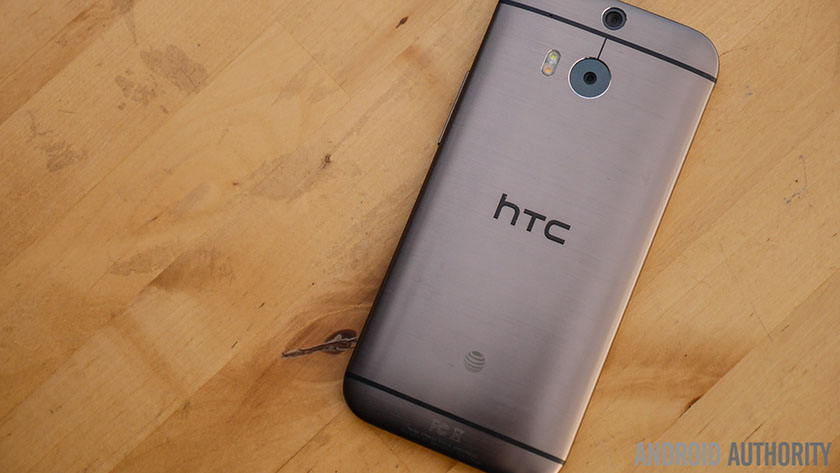
HTC’s decline isn’t due to any one clear reason, nor is it even all entirely the fault of the company. But if you had to choose the biggest mistake the company made, it’s that it rested on its laurels. In the middle of Apple and Samsung spending billions on advertising to cement their respective products as the “must-have” devices for iOS and Android, HTCtried to take the “our product quality will speak for itself” route.
Bad move, HTC.
Even today, when people see my daily driver (a OnePlus 5), they ask me if it’s an “iPhone or a Galaxy?” That is no accident; Samsung spent a fortune to make people associate its brand as the “other” device compared to Apple’s definitive mobile product. HTCdid not.
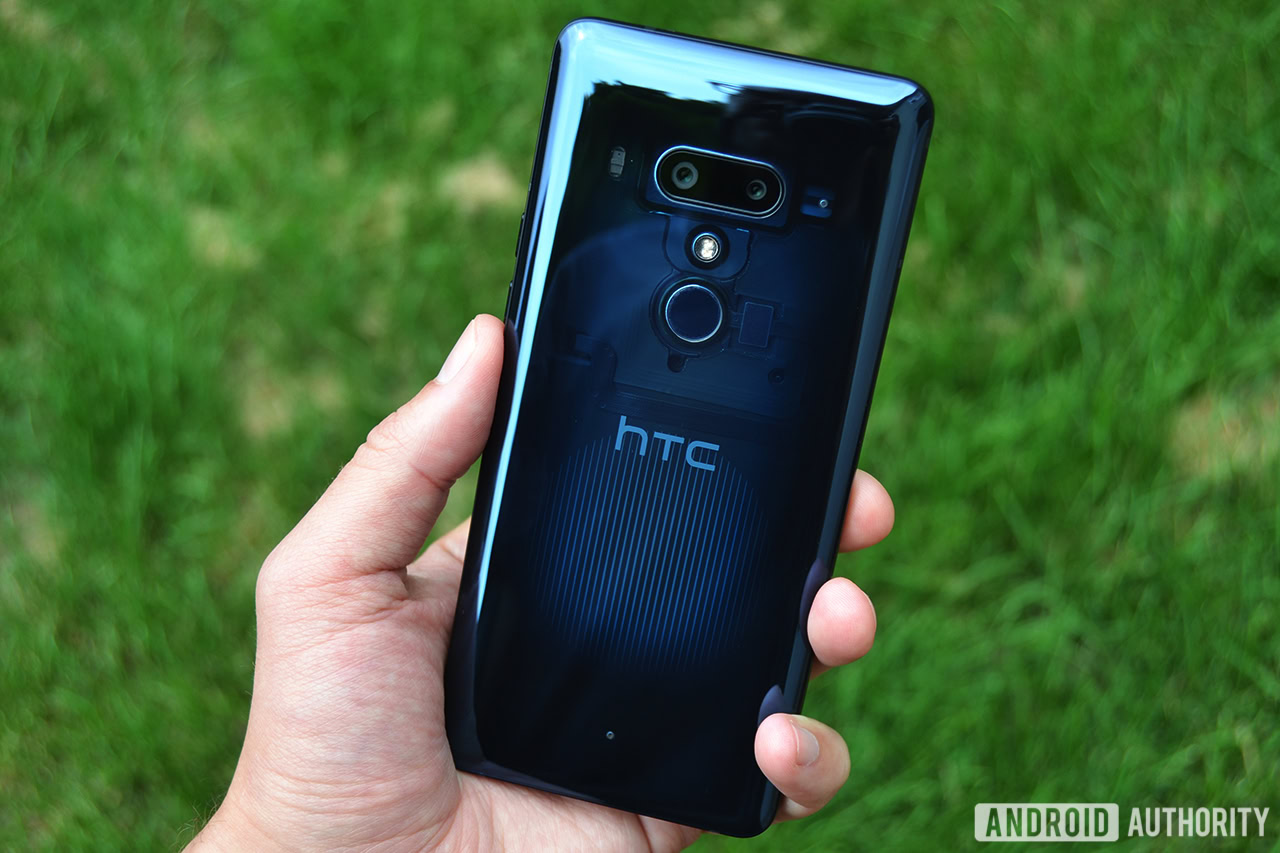
As beautiful and amazing as some of HTC’s phones have been (even including the HTC U12 Plus released this year), it can’t compete with Samsung’s marketing department. As much as we hate to admit it, most smartphone buyers are not looking at spec sheets and design innovation when making their purchase; they are going to a wireless carrier storefront and buying the same device that their friends own.
HTC needs an intervention, where its friends tell it the glory days really are over.
To make matters worse, HTCrefused to see the writing on the wall and continued to price its flagships at equal or sometimes even higher numbers as Samsung. While Samsung has the brand-recognition to succeed charging $840 for the Samsung Galaxy S9 Plus, it’s a fool’s errand for HTCto think it can charge $800 for the HTCU12 Plus in 2018.
In the end, all the super-cool features and design innovation that HTCcan put into a smartphone doesn’t mean anything if no one buys it. Honestly: what “normal” smartphone buyer is going to buy an HTCU12 Plus when for only $40 more they can instead get the best-selling Android phone of the year that they see commercials for every day and see their friends carrying around?
That idea – undercutting the competition by price and value – brings us to the really big question…
What can HTCdo to save itself?
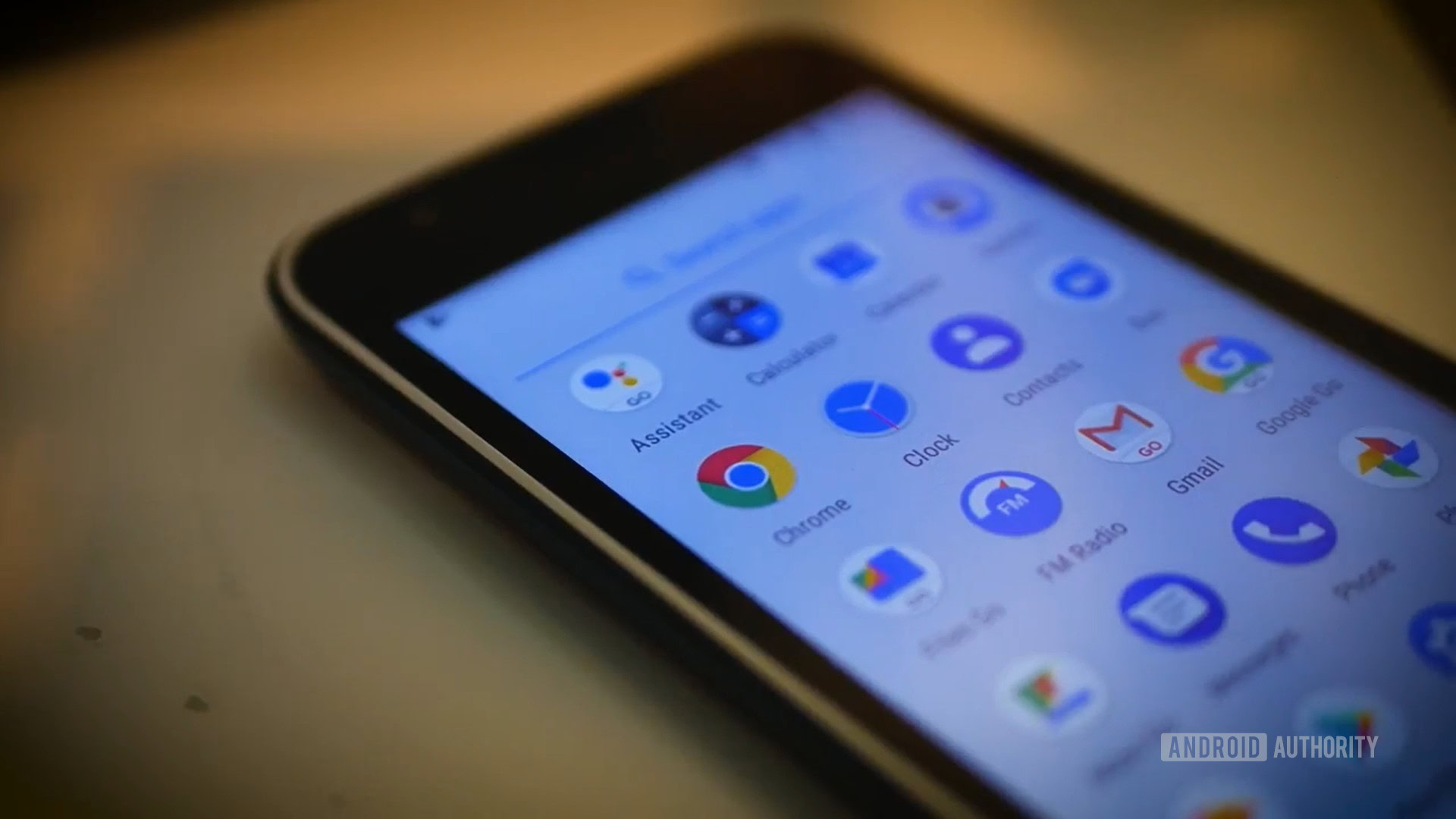
In the short term, the only thing HTCcan do to get its numbers back up is offer a smartphone with terrific consumer value. It has to have that HTCflair but at a OnePlus price.
In order to do that, HTCwill have to admit that its days of competing with Samsung and Apple are over. In fact, those days have been over for years now.
Just think about it: imagine a phone that looks like the HTCU12 Plus but with some corners cut to make it a sub-$600 mid-ranger. That phone would sell. People who are looking for mid-range devices would gobble it up, and the average smartphone-buyer perusing the carrier shop would perk up at the idea of getting a futuristic-looking phone at a fraction of the cost of a Samsung Galaxy S9.
If HTCtook this route, it would at the very least likely plug the hole of its sinking ship.
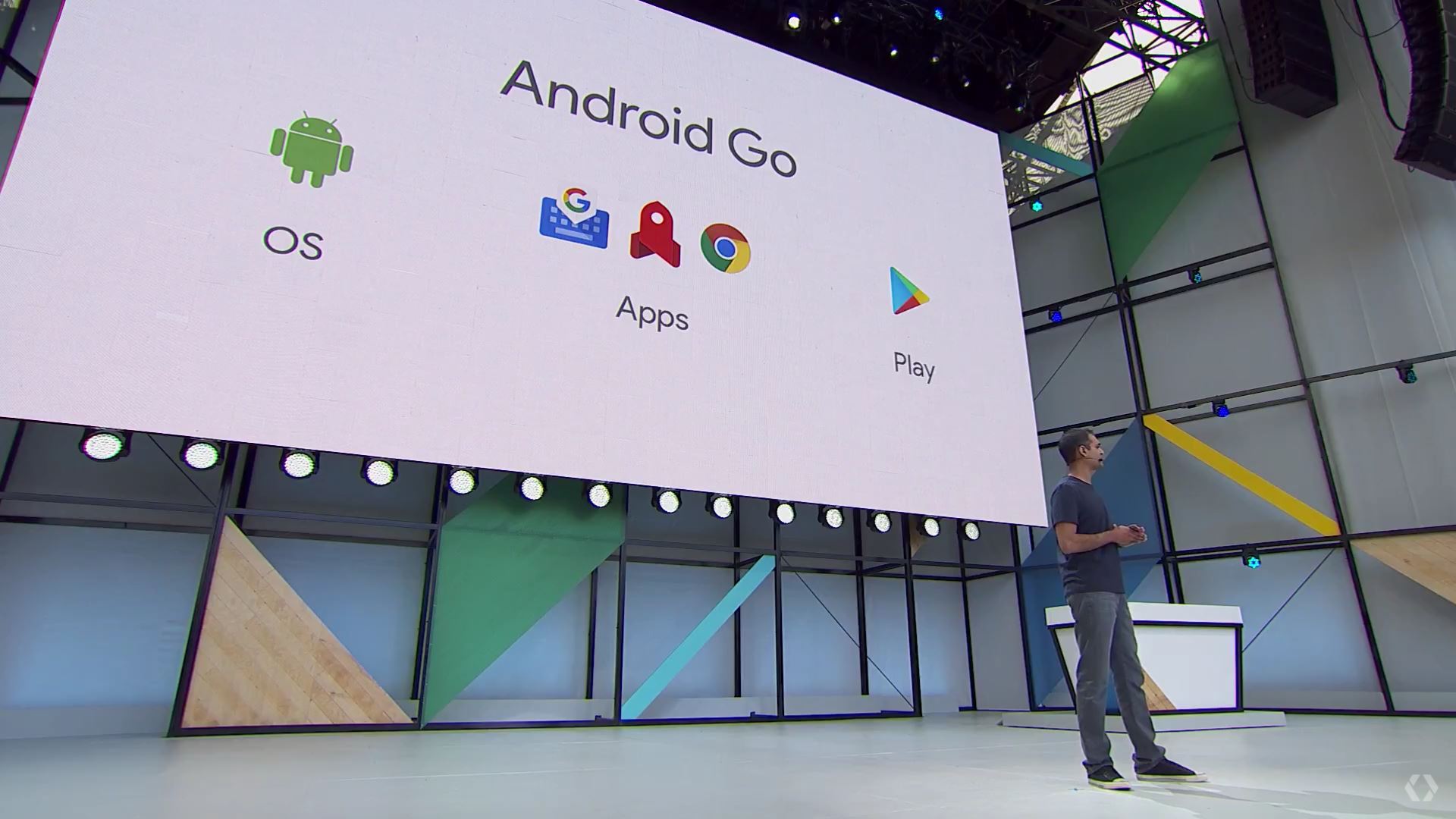
In the long term, HTCshould be looking at the developing market and specifically Android Go. There are billions of people (billions!) who have yet to own a smartphone, and HTCcould reinvent itself as the top-dog of the developing world.
Imagine an HTCdevice with the look of the One M7, but fitted with Android Go and costing a mere $150? Obviously, the hardware would be low-end, and the unibody aluminum frame would probably have to be revamped for cost-savings, but that phone could be the “flagship” of the Android Go world.
Sure, margins for those devices will be low, and HTCwould have to invest considerably at the beginning in the hopes that it will pay off later. If only there were money in the bank to do that…oh yeah, there is: over a billion dollars from Google buying a considerable portion of HTC’s engineering staff.
There is still hope for HTC. It just has to buckle down and do the work.
So far, what is HTCplanning to do with that money? A blockchain phone? Seriously? HTC, you need to reinvent your company for a new kind of market, not try to salvage your premium status with novelty devices that no one will understand or care about.
I know there are a lot of HTCfans out there. In fact, I bet there are still people out there rocking an HTCOne M7 as their daily driver, or at the very least still have one in their drawer because they can’t bring themselves to get rid of the beautiful thing. There are people who love the HTCU12 Plus and respect HTC’s risk-taking when it comes to exciting design. We all want HTCto succeed, and we all want viable competitors to the other smartphone brands.
But HTC’s glory days are over, and it’s time to work on making the company a wholly new enterprise.
NEXT: HTC says it will right the ship through new investments, like it said in 2012 and 2017